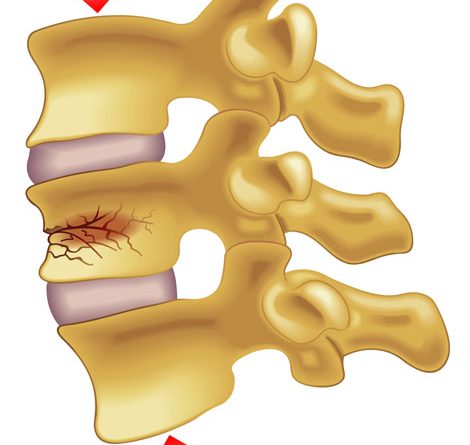What Is a Compression Fracture?
A compression fracture is a condition that affects the vertebrae of the spine, specifically in the middle portion called the thoracic spine. It consists of the collapse of the vertebral body, also known as the bony block. Compression fractures can cause a loss of height, as well as deformity of the back and severe pain. Fortunately, there are treatment options available.
What Causes Compression Fractures?
Occasionally, a compression fracture may happen suddenly as the result of a trauma, such as a hard fall on the spine, a sports injury, or a car accident. However, it is more common for compression fractures to result from osteoporosis. This causes the bones to become brittle and weak. In severe cases, even simple daily activities can result in compression fractures. In the absence of either osteoporosis or acute trauma, another possible cause of compression fractures is metastatic tumors that spread to the vertebrae and cause them to weaken.
How Are Compression Fractures Treated?
One option for treating compression fractures surgically is kyphoplasty Jacksonville FL. This involves inflating a special balloon to restore the vertebra to its original height and then filling the empty space with quick-drying bone cement. A kyphoplasty is a modification of a previous technique called a vertebroplasty, which involves the bone cement but not the balloon.
Not all compression fractures require surgery to correct. Some doctors recommend a back brace to help control the pain by limiting the motion of the fractured vertebrae. Doctors may also recommend muscle relaxants and over-the-counter pain medications.
Who Is at Risk for Compression Fractures?
Most compression fractures affect people over the age of 65. This includes both men and women, although women are far more susceptible. Approximately a quarter of all postmenopausal women experience compression fractures. As people age, the incidence increases.
If symptoms of compression fracture occur in combination with a high fever, numbness or weakness, or loss of bladder or bowel control, seek emergency medical attention immediately.



